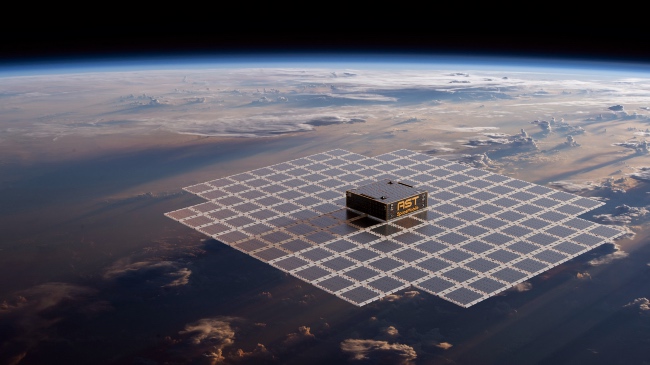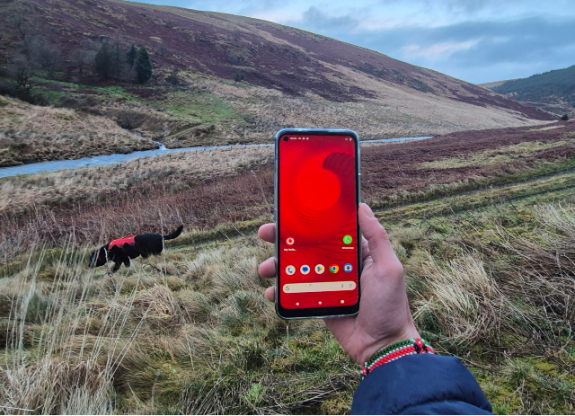Physical Address
304 North Cardinal St.
Dorchester Center, MA 02124
Physical Address
304 North Cardinal St.
Dorchester Center, MA 02124

Ofcom has launched a consultation on proposals to authorise the use of mobile spectrum bands for satellite Direct-to-Device (D2D) services — a move that could transform mobile connectivity in rural and remote areas of the UK.
Says Ofcom: ” D2D services have the potential to cause harmful interference to other spectrum users.
Under the proposals, Satellite Operators would be permitted to deliver D2D services *only* in partnership with the network that holds the licence for the relevant spectrum. The aim is to enable mobile handsets to connect directly to satellites when they are out of range of terrestrial mobile towers — whether due to being in permanent not-spots or during temporary outages.
Ofcom is consulting on three options to regulate the new services: a full licence exemption, a variation to the MNO’s current base station licence combined with a handset licence exemption, or a brand-new licensing regime. Ofcom’s preferred route is a new licensing system, offering a more controlled but flexible approach. The consultation closes at 5pm on Tuesday 20 May 2025.
Ofcom has also outlined technical safeguards, including aggregate power limits rather than “per satellite” transmission caps, to prevent harmful interference with other spectrum users. Ofcom said it would revisit the framework following the World Radiocommunications Conference in 2027 as D2D technologies and constellations mature.
The move comes as UK operators, particularly Vodafone, explore D2D capabilities in earnest. Vodafone is already a major partner of AST SpaceMobile, a U.S.-based satellite venture aiming to deliver space-based mobile broadband directly to standard handsets. The companies have been testing low Earth orbit (LEO) connectivity in various markets and are positioning themselves at the forefront of the satellite-to-smartphone revolution (see main pic)

Consumer experience is expected to evolve in line with the technology, with early D2D services likely limited to SMS text before expanding into voice and data. Ofcom noted that different business models — including seamless handovers between terrestrial and satellite networks or stand-alone satellite services — could impact user experience, especially in emergency scenarios.
Ofcom’s proposals could help make the UK a key market for D2D innovation — but much will depend on how quickly MNOs and satellite players can align on viable commercial and technical models.